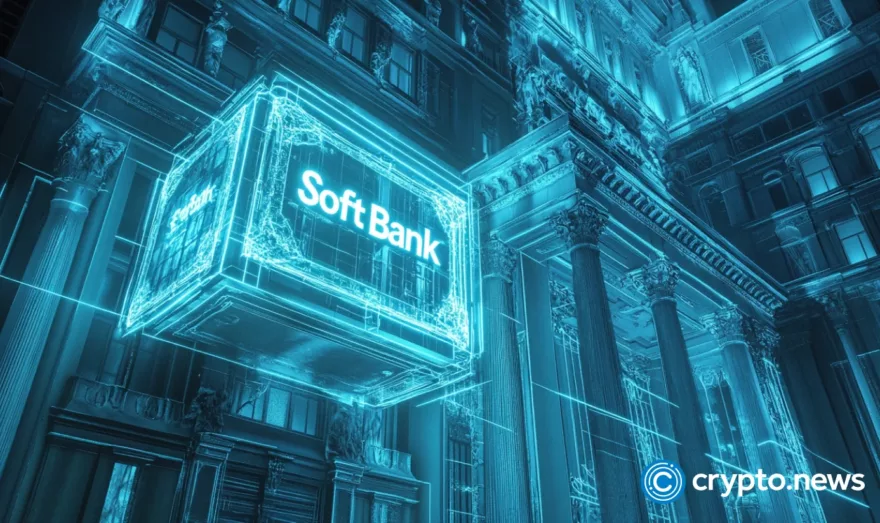New Hampshire launches first Bitcoin-backed municipal bond in the United States

New Hampshire has once again notched the first position among other U.S. states after launching a Bitcoin-backed municipal bond.
- New Hampshire has approved a $100 million Bitcoin-backed conduit bond.
- BitGo will act as a third-party custodian while New Hampshire’s Business Finance Authority will oversee the bond.
New Hampshire’s business financing agency, the Business Finance Authority, signed the approval on Nov 17 to authorize a “first of its kind $100 million Bitcoin backed conduit bond,” according to a report from journalist Eleanor Terrett.
How will New Hampshire’s Bitcoin-backed municipal bond work?
Typically, municipal bonds are backed either by the full faith and credit of a government or by revenue from specific public projects. However, in this case, the bond is backed by over-collateralized Bitcoin, which opens up a new path for integrating digital assets into public finance and allows companies to borrow without liquidating their holdings.
According to the proposed structure, the borrower will be required to post about 160% of the bond’s value in Bitcoin as collateral. In the case that Bitcoin’s value drops below approximately 130%, a liquidation mechanism has been put in place to ensure that bondholders are protected and made whole.
The state has selected BitGo to serve as its third-party custodian for the Bitcoin collateral, and the BFA, which is a state entity, will act as a facilitator, approving and overseeing the bond without taking on any repayment risk.
Commenting on the matter, GOP Rep. Keith Ammon, who has led the efforts in making the state’s Strategic Bitcoin Reserve bill earlier this year, said the setup will allow borrowers to unlock capital without having to sell their Bitcoin or trigger a taxable event.
Meanwhile, fees generated from the bond transaction, along with any appreciation in the collateral, are expected to flow into the Bitcoin Economic Development Fund, which has been set up as a dedicated pool that would be used to support innovation, entrepreneurship, and business growth across the state.
Crypto asset manager Wave Digital Assets and muni bond specialist Rosemawr Management are the firms behind this pioneering deal, and the goal behind this initiative was to “bridge traditional fixed income with digital assets in a way that’s fully institutional, fully compliant, and globally scalable,” according to Wave’s co-founder, Les Borsai.
Currently, the global bond market is estimated to be valued at over $140 trillion, and the U.S. market alone accounts for about $58.2 trillion. As such, supporters of the Bitcoin bond believe this could be a crucial step in integrating crypto with traditional capital markets and set a blueprint for other U.S. states to follow.
“This is not just one transaction, it is the opening of a new debt market. We believe this structure shows how public and private sectors can collaborate to responsibly unlock the value of digital assets and digital asset reserves,” Borsai added.
New Hampshire leads with Bitcoin-backed initiatives
New Hampshire made another headline this year by becoming the first state in the country to launch a strategic Bitcoin reserve earlier in 2025. Governor Kelly Ayotte signed the measure into law in May, allowing the state treasury to begin allocating a portion of public funds into approved digital assets.
“I’m proud that New Hampshire is once again first in the nation to embrace new technologies with this historic Bitcoin-backed bond. This is an innovative way to bring more investment opportunities to our state and position us as a leader in digital finance without risking state funds or taxpayer dollars,” Ayotte said regarding the recent development.
New Hampshire allows its treasurer to hold digital assets under the new framework, but only for assets that meet strict eligibility thresholds, including a market capitalization above $500 billion, which effectively limits the reserve to just Bitcoin.
At the same time, state regulators are also debating another major crypto-focused bill, dubbed the Blockchain Basic Laws Act, that passed the House in May, just days after the Bitcoin reserve approval.
It outlines broad protections for miners, node operators, developers, and self-custody users, and proposes the creation of a dedicated blockchain dispute docket in the superior court.

















